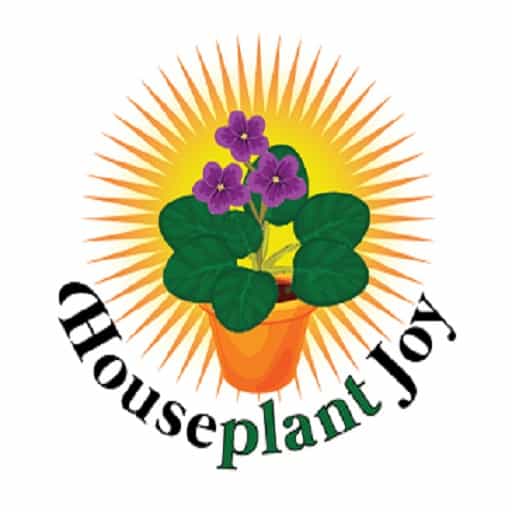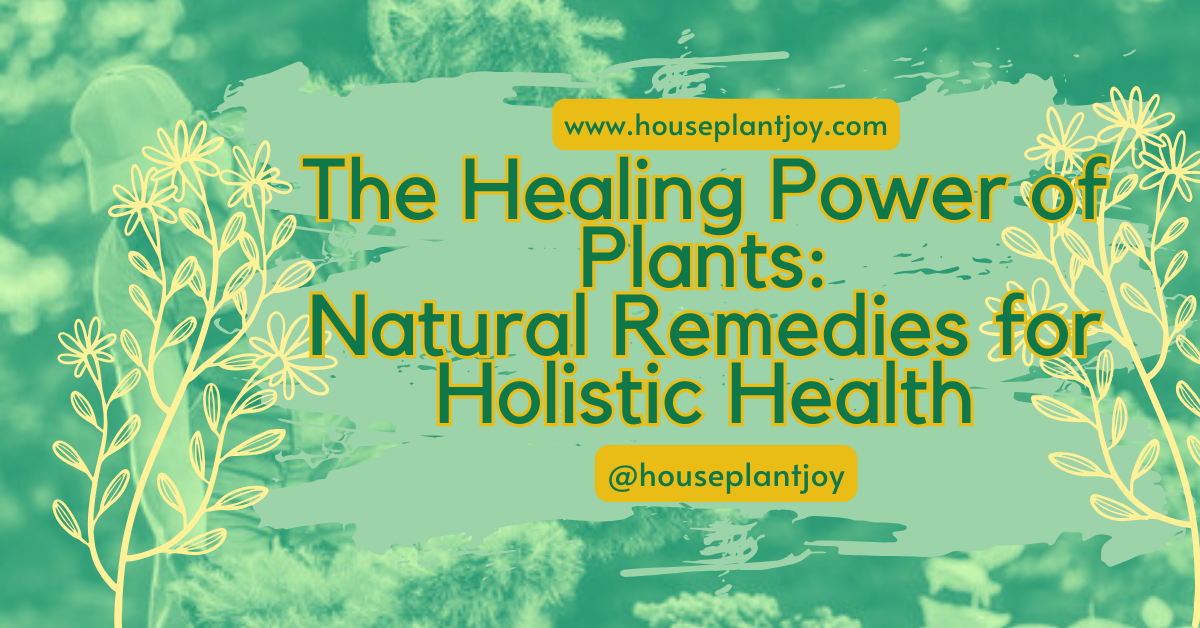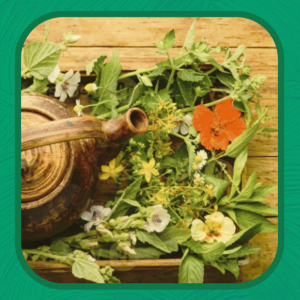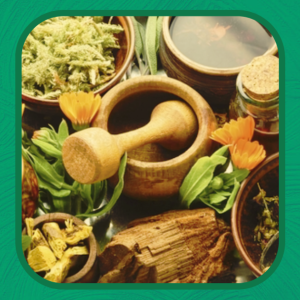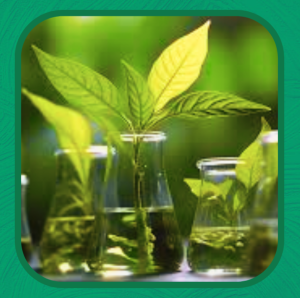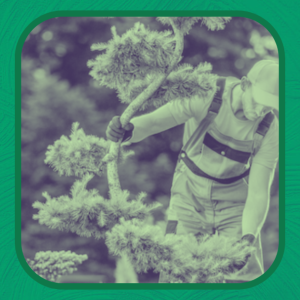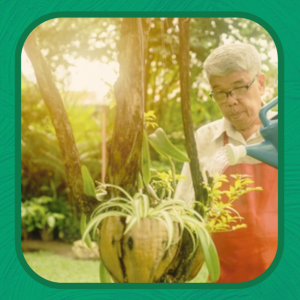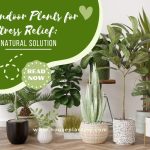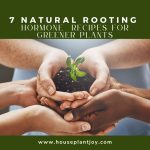HousePlantJoy is supported by our audience. When you purchase through one of our links, we may earn a small affiliate commission. As an Amazon Associate I earn from qualifying purchases. Your cost is not affected.
==================
The relationship between plants and human health, enriched by the healing power of plants, has been recognized for centuries, tapping into the holistic approach to well-being that encompasses both our physical and emotional states. As we navigate through an era with heightened stress and technological detachment, reconnecting with nature presents a compelling pathway to health and happiness. Integrating green spaces and plants into our living environments and horticulture as therapy has gained momentum, addressing a wide range of health issues.
The Healing Power of Plants: Exploring Natural Remedies for Holistic Health
The positive impacts of the healing power of plants on our lives are not merely anecdotal. They are increasingly supported by scientific research. Studies indicate that interacting with plants can lower blood pressure, reduce stress hormone levels, and enhance immune system function.
Furthermore, gardening links to improvements in mental health, offering a therapeutic benefit that promotes a sense of accomplishment and connection to the living world.
Key Takeaways
- Engaging with plants is linked to both physical and mental health benefits.
- Scientific studies support the therapeutic effects of horticulture.
- Gardening acts as a practical approach to fostering well-being.
Historical Perspectives of Plant Medicine
From ancient civilizations to modern times, your understanding of plant medicine has been rooted in a diverse and rich history. Plants have consistently played a crucial role in both physical and healing practices across various cultures.
Ancient Uses Across Cultures
Cultures around the world have harnessed the power of plants since ancient times. In traditional Chinese medicine, which dates back thousands of years, plants like ginseng and reishi mushrooms promote longevity and vitality. The link between humans and healing plants in traditional Chinese medicine is well-documented, highlighting a practice that predates written history.
Egyptians have advanced herbal knowledge around 3000 BCE. They utilized plants such as aloe vera and garlic not only for treatment but also in the embalming process. Detailed papyrus scripts evidence this relationship between humans and medicinal plants.
Evolution of Herbal Remedies
Herbal remedies have evolved over centuries. During the Middle Ages, the doctrine of signatures, a philosophy that suggested herbs resembling certain body parts could treat ailments of those body parts, influenced herbal medicine.
However, with the advent of modern science, this concept transformed as the active compounds in plants began to be understood. The recognition of plants as a viable source of medicine continued, as seen in a historical review of the usage of medicinal plants.
Scientific advancements in the 19th and 20th centuries led to the development of pharmaceuticals from plants. Two notable examples are aspirin, which came from the willow tree, and quinine, extracted from the bark of the cinchona tree, which revolutionized the treatment of pain and malaria, respectively. Your current understanding of plant-based medicine benefits greatly from this mix of traditional knowledge and modern scientific practices.
Scientific Foundations
Understanding the scientific basis of how plants can influence your well-being is crucial. Here, you will explore the natural compounds that contribute to their healing power and examine the evidence supporting plant therapeutics.
Active Compounds in Plants
Plants are rich in biochemical components that have therapeutic properties. These compounds, including antioxidants, flavonoids, and essential oils, interact with your body’s biochemistry.
For instance, the flavonoids found in berries have anti-inflammatory and antioxidant effects, which may support cardiovascular health. Essential oils, like those derived from lavender, reduce stress levels when inhaled or applied topically.
Research on Plant Therapeutics
Empirical studies underscore the significance of plants in health. Research by the American Psychological Association highlights that exposure to plants can improve psychological well-being.
Similarly, clinical trials have measured objective outcomes like blood pressure reduction in participants exposed to natural settings. These findings collectively affirm nature’s role in fostering physical and emotional health.
Therapeutic Applications
Plants have profound impacts on both your physical health and emotional well-being through specific therapeutic applications.
Physical Health Benefits
Engaging with plants and nature have several physical health advantages. Gardening or nature walks can lower blood pressure and promote relaxation.
Exposure to plants and green spaces reduces stress hormone levels, suggesting that plants can naturally complement traditional medicine for stress-related conditions. Initiative studies, like those discussed in Medicinal plants’ role in disease prevention, underscore their importance in health promotion.
- Stress Reduction: A reduction in cortisol levels, a marker for stress, has been observed in individuals who spend time in green spaces.
- Immune System Support: Regular interaction with natural environments has been linked to enhanced ability to fend off diseases.
Emotional and Psychological Wellness
Your emotional and psychological health can also benefit from therapeutic plant interactions. Plant therapy, as explored in BetterHelp, and practices such as ecotherapy are grounded in the concept that a connection with nature can improve mood and reduce symptoms of anxiety and depression.
- Mood Enhancement: The presence of plants and immersion in nature can elevate your mood.
- Anxiety and Depression: The calming nature of plants and green environments can contribute to significant decreases in anxiety and depression levels.
Holistic Healing Approaches
As you seek to enhance your well-being, it’s important to understand how the healing power of plants and holistic healing approaches can be integral to your health. These methods consider the entire person (body, mind, and spirit) and often involve using plants with a rich history of medicinal use.
Integrating Plant-Based Remedies
You can incorporate plant-based remedies into your daily life to promote healing and vitality. For example, the use of medicinal plants like echinacea or ginseng can be tailored to boost your immune system. When selecting herbal supplements or teas, choosing quality products from reputable sources is crucial to ensure purity and potency.
- Herbal Teas: Consider chamomile or peppermint for relaxation and digestive benefits.
- Supplements: Look for standardized milk thistle or turmeric extracts to support liver health and reduce inflammation.
- Topical Applications: Aloe vera and calendula can be applied to the skin for soothing and healing effects.
Embrace the practice of integrating these remedies in consultation with healthcare professionals to maximize benefits and avoid possible interactions with other treatments.
Complementary and Alternative Medicine
Complementary and Alternative Medicine (CAM) involves a vast array of practices outside the scope of conventional medicine. This includes acupuncture, yoga, and massage therapy, which might be used in conjunction with plant-based treatments to foster a holistic recovery.
When employing CAM practices:
- Ensure practitioners are certified and experienced.
- Understand that these methods should complement, not replace, conventional medical advice.
- Recognize the mental benefits of plant-based healing methods as reflected in reductions in stress and improved emotional well-being.
By being informed about the array of holistic approaches available to you, you can make empowered choices for your health and wellness journey.
Gardening for Health
Gardening is a powerful tool for enhancing your well-being, offering both physical and emotional health benefits. You can experience these benefits through the cultivation of medicinal plants and the therapeutic nature of the gardening activity itself.
Growing Medicinal Plants
Medicinal plants can be a natural way to complement traditional medicine. Lavender, for example, has stress-reducing properties. It is easy to grow and can be used in teas or as an essential oil. Incorporating aloe vera in your garden, known for its skin-healing qualities, allows you to have a natural remedy for minor cuts and burns at your fingertips. Here’s a simple guide:
- Lavender: Plant in well-drained soil, full sun.
- Aloe Vera: Prefers indirect sunlight, occasional watering.
Gardening as a Therapeutic Activity
The act of gardening itself is therapeutic. Engaging in gardening can reduce stress and promote mental clarity. Physical benefits include exercise from tasks like digging and planting, which can improve your stamina and strength.
Publications like Horticulture Magazine discuss the concept of healing gardens designed to support specific health outcomes. Engaging with nature in this hands-on way encourages a mindful connection with the earth and provides a peaceful retreat from the stresses of daily life.
Practical Tips and Safety
Before you begin incorporating plants into your wellness routine, it’s crucial to understand the preparation and usage of plant remedies and be aware of dosages and potential interactions with other medications. Embracing the healing power of plants can enhance your health and well-being.
Preparing Plant Remedies at Home
To create your own plant remedies, start by selecting high-quality, organic herbs known for their healing properties. Cleanliness is paramount, so ensure all utensils and containers are sterilized to prevent contamination.
When preparing infusions or decoctions, use fresh, filtered water to help preserve the integrity of the beneficial compounds in the plants. Always label your remedies with the date of preparation and ingredients used to maintain safety and efficacy.
Understanding Dosages and Interactions
Herbal remedies have the potential to interact with prescription medications, over-the-counter drugs, and even other herbs. Exercise caution and consult with a healthcare provider, especially if you are on medication, pregnant, or breastfeeding.
Dosages will vary depending on age, health status, and the herb in question. Follow trusted guidelines and start with the lowest possible dose to gauge your body’s response. It’s essential to listen to your body and cease any remedy that causes discomfort.
Remember, while plants can offer health benefits, they are not a substitute for professional medical advice or treatment.
Global Impact
The influence of plant-based interventions extends globally, shaping conservation efforts, biodiversity, and the promotion of sustainable practices that support both the environment and local communities.
Conservation and Biodiversity
You are part of a global community that depends on the rich tapestry of life known as biodiversity. Conservation efforts are critical as they protect plant species from extinction and ensure ecosystems’ resilience.
These efforts provide you with essential services such as clean air, water, and the pollination of crops. Immersing in nature benefits your health and helps you recognize the importance of preserving the natural world.
Sustainable Sourcing and Fair Trade
Choosing sustainably sourced products ensures that the plants used have been harvested responsibly, maintaining ecological balance. Your support for fair trade can lead to equitable trading conditions and empowerment for farmers and workers worldwide. This directly impacts improving people’s lives by fostering sustainable community development and environmental stewardship.
Video Credit: @RespiratoryTherapyZone
Wrapping It Up
Plants offer natural remedies for holistic health. Herbs like mint or chamomile can soothe and heal. Research plants for your needs.
Always use them responsibly and consult a professional if unsure. Embrace the healing power of plants for a healthier you. Enjoy exploring these natural wonders!
Frequently Asked Questions
What are the psychological benefits of spending time in natural environments?
Spending time in natural environments reduces levels of stress, anxiety, and depression. Nature provides a calming backdrop that can help you reset your mental state and enhance cognitive function.
How can interacting with plants contribute to physical health?
Interacting with plants, such as through gardening, can improve physical health by increasing levels of physical activity and exposure to sunlight, which in turn can boost vitamin D levels and support a healthy immune system.
In what ways does exposure to nature impact mental health and stress levels?
Exposure to nature lowers stress hormone levels, improve moods, and boost feelings of happiness and emotional well-being. The sensory experience of being in nature can also have a soothing effect on your mind.
Can specific types of flora be linked to medicinal or therapeutic effects?
Yes, specific types of flora, like lavender, can have calming properties, while others, such as eucalyptus, might have decongestant effects. People have used many plants in traditional medicine for centuries to treat various ailments.
What role does green space play in enhancing community and individual well-being?
Green spaces in communities provide areas for social interaction, physical activity, and connection with nature, all of which contribute to better mental health outcomes and a stronger sense of community well-being.
Are there any studies that detail how regular contact with nature affects human health?
Numerous studies have documented the benefits of regular contact with nature, including reduced risk of chronic diseases, improved attention, lower stress levels, and better mental health. For example, the Association of Nature and Forest Therapy Guides highlights the healing impacts of forest immersion.
Learn More About Houseplants!
Discover more types of houseplants, their benefits, and how to care for them with us! Join us on Facebook, Instagram, and Twitter for beautiful photos, plant care tips, and a community that celebrates the joy of indoor gardening.
Facebook: https://www.facebook.com/houseplantjoyblog
Instagram: http://instagram.com/houseplantjoy20
Twitter: https://twitter.com/HouseplantJoy
Let’s nurture our green spaces together!
Learn More About Houseplants!
Discover more types of houseplants, their benefits, and how to care for them with us! Join us on Facebook, Instagram, and Twitter for beautiful photos, plant care tips, and a community that celebrates the joy of indoor gardening.
Facebook: https://www.facebook.com/houseplantjoyblog
Instagram: http://instagram.com/houseplantjoy20
Twitter: https://twitter.com/HouseplantJoy
Let’s nurture our green spaces together!
